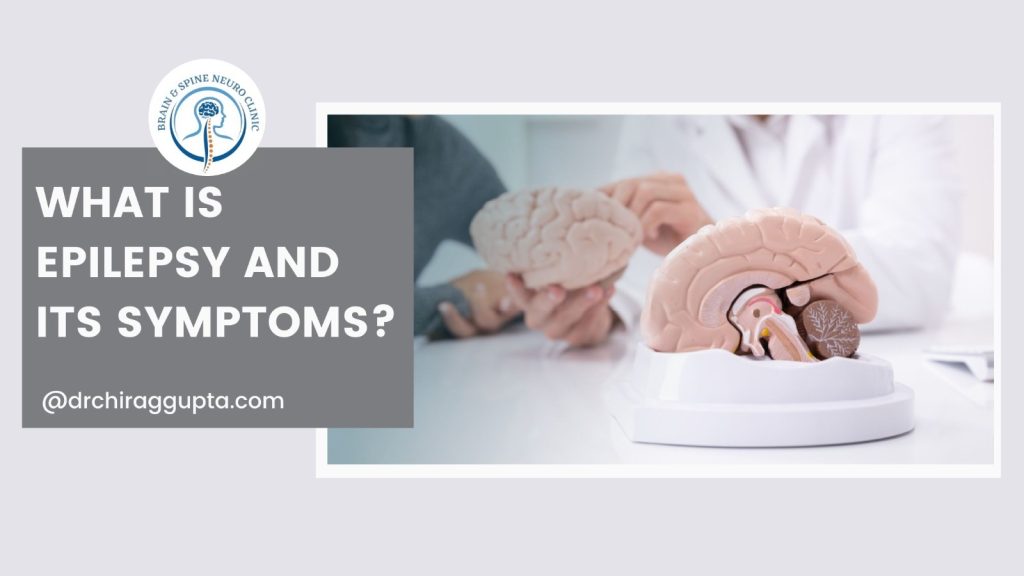Epilepsy is a neurological disorder characterized by recurrent seizures, affecting people of all ages and backgrounds. With proper understanding and awareness, individuals with epilepsy can lead fulfilling lives. In this article, we will delve into what epilepsy is, its common symptoms, possible causes, and Epilepsy Treatment in Greater Noida, and offer valuable insights into managing the condition.
Table of Contents:
- What is Epilepsy?
- Common Symptoms of Epilepsy
- Causes and Triggers of Epilepsy
- Diagnosing Epilepsy
- Treatment Options for Epilepsy
- Managing Epilepsy: Lifestyle and Self-Care
1. What is Epilepsy?
Epilepsy is a chronic condition, meaning it is ongoing and typically requires long-term management. It can affect people of all ages, from infants to older adults, and can significantly impact their daily lives. Seizures occur due to abnormal bursts of electrical activity in the brain, causing temporary disruptions in normal brain functions. These seizures can manifest in various forms, ranging from mild to severe.
2. Common Symptoms of Epilepsy:
- Generalized seizures: Loss of consciousness, convulsions, and stiffening or jerking of muscles throughout the body.
- Focal seizures: Altered awareness, involuntary movements of body parts, sensory changes, or emotional disturbances.
- Absence seizures: Brief lapses in consciousness, characterized by blank stares and subtle movements like lip smacking or blinking.
3. Causes and Triggers of Epilepsy:
Some common causes include:
- Genetic factors
- Brain injuries
- Brain tumors
- Infections or diseases affecting the brain
- Developmental disorders
4. Diagnosing Epilepsy:
A comprehensive diagnosis involves a detailed medical history review, physical examination, and various tests such as EEG (electroencephalogram), MRI (magnetic resonance imaging), and blood tests. These diagnostic tools help determine the type of seizures, and their frequency, and identify potential underlying causes.
5. Treatment Options for Epilepsy:
- Medications: Anti-epileptic drugs (AEDs) are commonly prescribed to control and reduce the frequency of seizures.
- Surgery: In some cases, surgical intervention may be recommended to remove the area of the brain responsible for triggering seizures.
- Vagus Nerve Stimulation (VNS): This therapy involves implanting a device that delivers electrical impulses to the brain, reducing seizure activity.
- Ketogenic Diet: A high-fat, low-carbohydrate diet may be beneficial for some individuals with epilepsy.
6. Managing Epilepsy:
Lifestyle and Self-Care: Living with epilepsy requires certain precautions and self-care measures to minimize seizure risks and improve overall well-being. It is crucial to:
- Maintain a regular sleep pattern
- Avoid triggers such as flashing lights or specific foods
- Manage stress levels
- Follow the prescribed medication regimen
Conclusion
By understanding Epilepsy symptoms, causes, and available treatments, we can support and improve the lives of people with epilepsy. Remember, with proper management, individuals with epilepsy can live fulfilling lives and actively participate in society. Let’s work together to spread awareness and create a more inclusive and supportive environment for everyone. To Know more Consult our Expert Dr. Chirag Gupta, the Best Neuro physician in Greater Noida Today.

